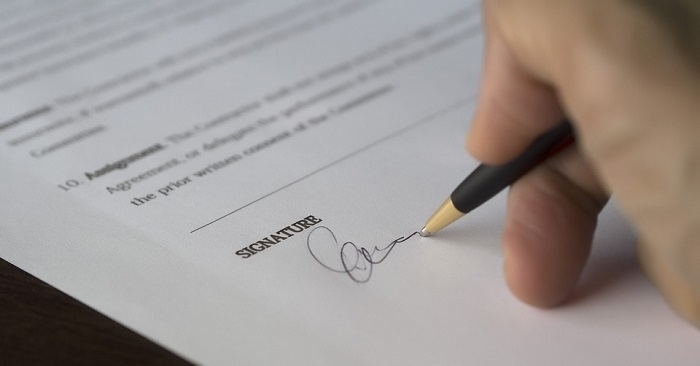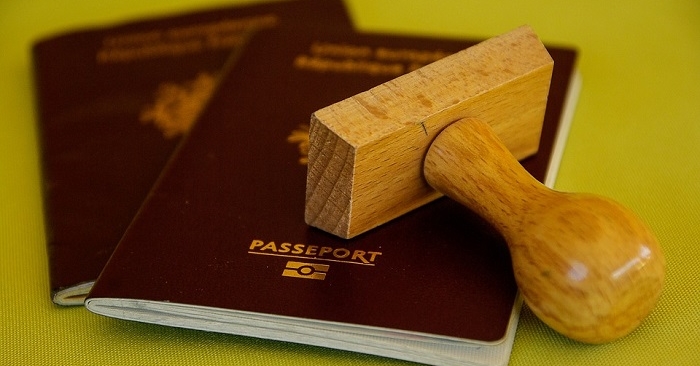There are things first-time visitors should know when coming to the UAE. In particular, job seekers should know about laws that protect their rights. They should also be aware of their working hours, official leaves, vacations, and other important details.
Also Read: UAE Do’s and Dont’s, Tips for Newcomers
If you have just arrived in the UAE or if you are planning to come here, you need to be aware of certain things first. Otherwise, you might fall prey to illegal recruiters or unscrupulous employers that could take advantage. Keep on reading for some very important reminders!
To summarize, here is a video of the 10 things you need to know when working in the UAE:
Please let the information here serve as your guide so you can understand your rights and responsibilities as an employee. Be guided on policies and procedures so you are equipped with the proper knowledge and always have

10 Things Every Worker in the UAE Should Know – UAE Labour – Expat Rights
The main agency that handles foreign workers in the UAE is the Ministry of Human Resources and Emiratisation (MoHRE). Based on their website, here are several things that every worker should know, especially when he/she is coming to the country for the first time:
#1 – Your employer should pay for your travel and recruitment costs.
According to UAE law, it should be your employer — not you — who pays for your travel and recruitment costs. This includes your plane ticket, entry visa, and any fees due to the recruitment agency (which should be accredited by the government of your home country).

#2 – Keep a copy of your signed job offer.
Make it a point to make copies of your job offer and other employment-related documents. You never know when you might need them in the future! Remember that job offers are also legally binding.
#3 – Your labour contract should match your job offer.
Even before you travel to the UAE, the terms and conditions of your contract should have been explained to you by your employer or recruitment agency. Make sure that you understand everything, such as your job title, responsibilities, salary, and benefits. More importantly, see to it that your labour contract matches the terms and conditions in the original job offer.

#4 – Your employer should pay for your residency permit.
Upon your arrival in the UAE, it should be your employer — and not you — who shoulders the costs of processing requirements. These include your residency permit and medical examinations in the UAE.
#5- Keep the receipts for anything that you are asked to pay for.
It goes without saying that you should keep the receipts for any item or document that you are asked to pay for. You may need this as proof of your expenses later on.

#6 – You are entitled to keep your personal documents at all times.
Initially, your employer will need your personal documents (e.g. passport) while applying for your residency visa permit. Once your permit is issued, however, these documents should be given back to you! They are yours for safekeeping. It is the right of the employee to keep their passport with them.
#7 – No work upon arrival? Not receiving wages on time? Report to the Labour Office.
Within one week of your arrival in the UAE, you should have been presented with a job contract. However, if there is no actual job waiting for you, then you should report immediately to the Labour Office. Likewise, if the contract being given is not the same as the original offer, you should report it as well. The same goes for employer’s violations like not paying wages on time or in full. Be advised that employers not paying employees on time is illegal and should be reported to proper authorities.

#8 – Keep a copy of your signed contract in a safe place.
Once you have signed a labour contract, be sure to ask for a copy and keep it in a safe place. It is your responsibility to make sure that all your personal documents are safe and intact. Keep a copy so you can have reference of your responsibilities and obligations.
#9 – You have the right to leave your job, but be aware of your contractual obligations.
If, for some reason, you decide to leave your job, you have the right to do so — provided that you follow the legal steps. After all, you did sign a contract, which binds you to certain terms and obligations. If you’re not sure how to terminate your contract, seek help from the Labour Office.

#10 – If you need help, contact the Ministry of Human Resources and Emiratisation.
This agency can help you address any labour-related concerns, including job contracts, termination issues, and conflicts/disputes that may arise. Do not hesitate to get in touch with them!
DISCLAIMER: The list presented above is for information-sharing purposes only. To know more about working in the UAE, and should be used as a tip. If you have any legal cases, please contact proper authorities. You may contact the Ministry of Human Resources and Emiratisation (MoHRE) through the following:
Contact Number: 800-66473 / 800MOHRE
Email Address: ask@mohre.gov.ae
Website: http://www.mohre.gov.ae/en/home.aspx
Related Posts: Helpful Articles Regarding UAE Labour and jobs in UAE
- What is a Limited Contract?
- What is an Unlimited Contract?
- How to Lift UAE Labour Ban?
- How to View Your UAE Labour Contract Online
- Difference Between Limited and Unlimited Contract
- Types of UAE Ban (Labour Ban-6 Months Ban, One Year Ban, Immigration Ban)
- How to Resign Properly from Your Company and Avoid a Ban
- List of Terminable Offenses that Can Get You Fired from Work
- What does Absconding Mean?
- Is it Right for the Employer to Keep the Passport of the Employee
- 10 Important Things to Know Before Working in the UAE
- Working Hours, Leaves and Vacations as per UAE Labour
- Understanding Sick Leave
- Understanding Annual Leave
- How to File a Complaint – Employer Keeping Passport

Comments are closed.